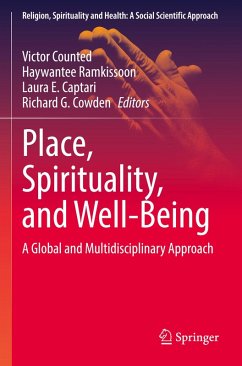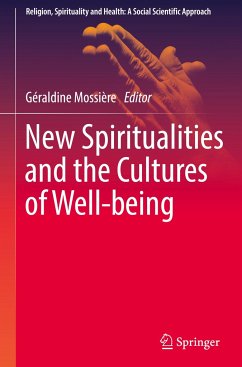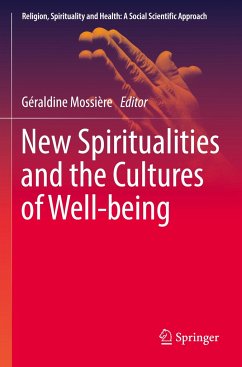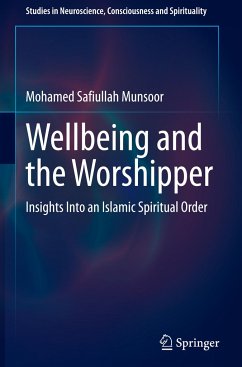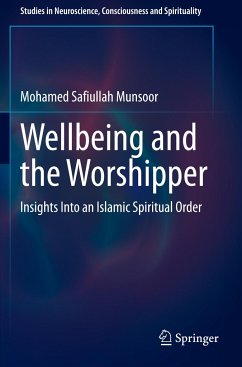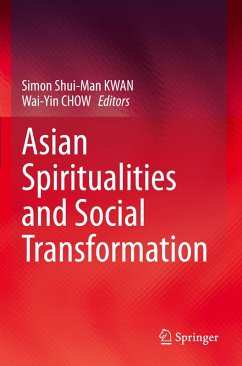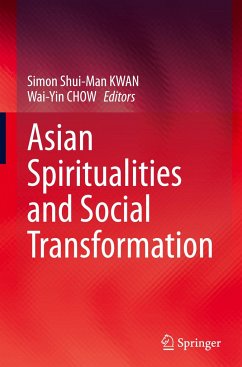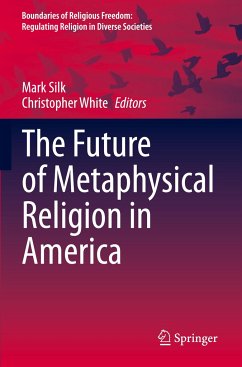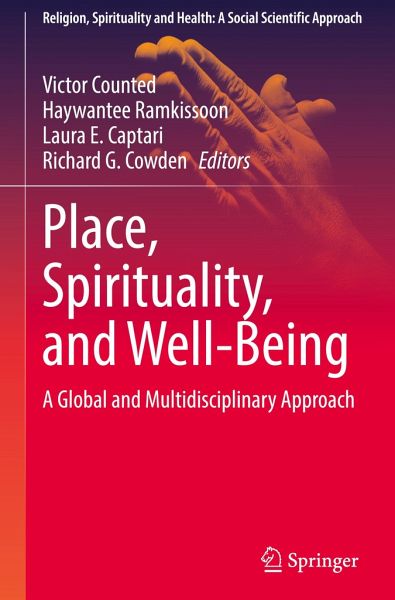
Place, Spirituality, and Well-Being
A Global and Multidisciplinary Approach
Herausgegeben: Counted, Victor; Ramkissoon, Haywantee; Captari, Laura E.; Cowden, Richard G.

PAYBACK Punkte
61 °P sammeln!
This book synthesizes perspectives on how 'place' is deeply intertwined with our spirituality and well-being. Split into three sections, this book brings together contributions from global scholars across a range of disciplines to unravel how the personal, social, and cultural spheres of place shape our spiritual experiences and overall well-being. It is an essential read for those interested in enriching their knowledge of the linkages between place, spirituality, and well-being, while also providing a foundation for future research on place and its intersections with both spirituality and we...
This book synthesizes perspectives on how 'place' is deeply intertwined with our spirituality and well-being. Split into three sections, this book brings together contributions from global scholars across a range of disciplines to unravel how the personal, social, and cultural spheres of place shape our spiritual experiences and overall well-being. It is an essential read for those interested in enriching their knowledge of the linkages between place, spirituality, and well-being, while also providing a foundation for future research on place and its intersections with both spirituality and well-being.





